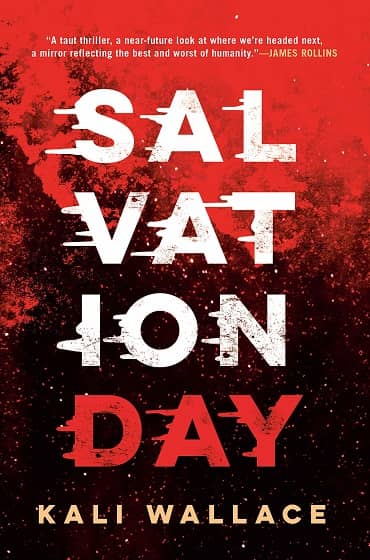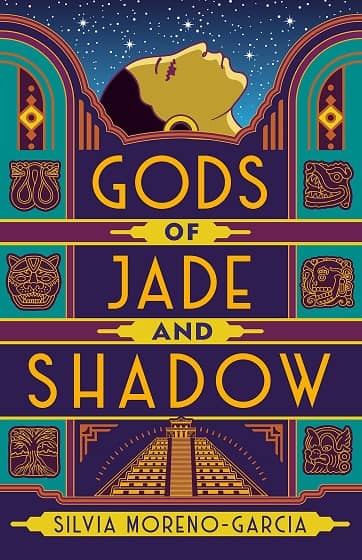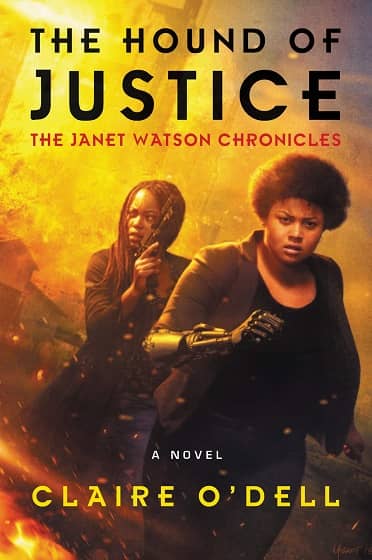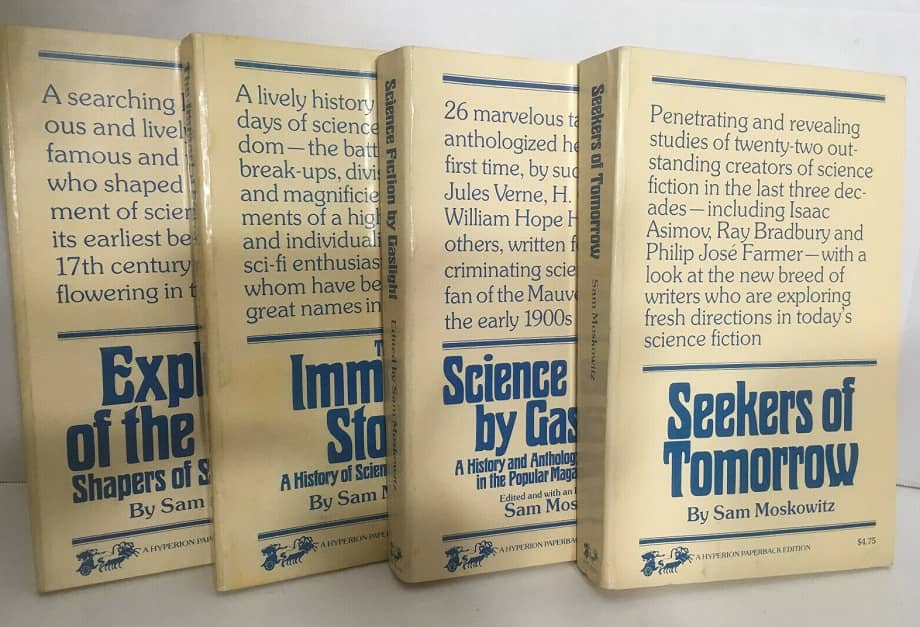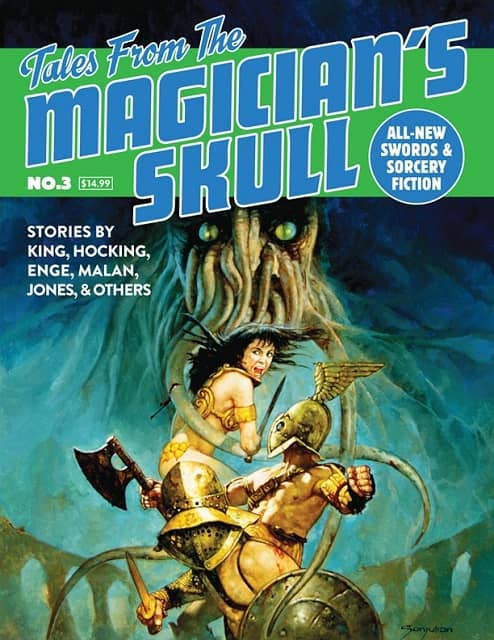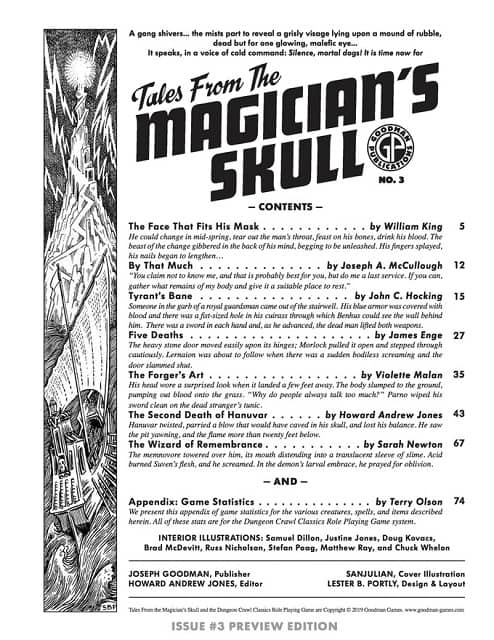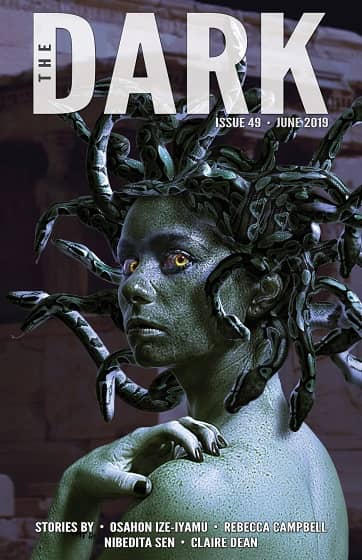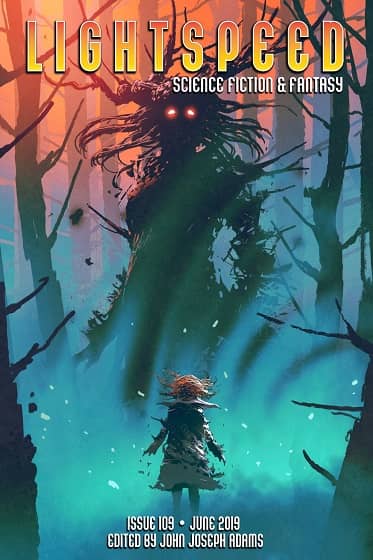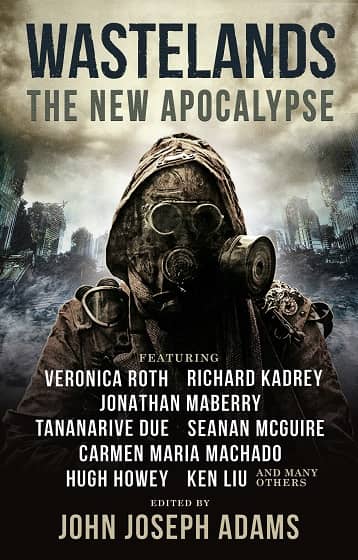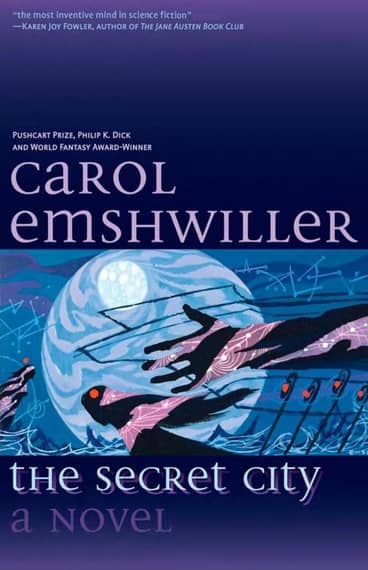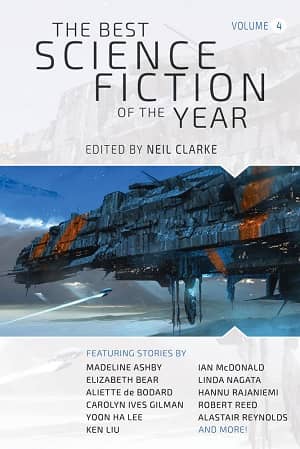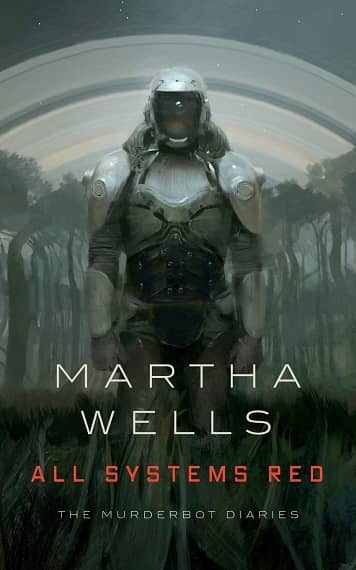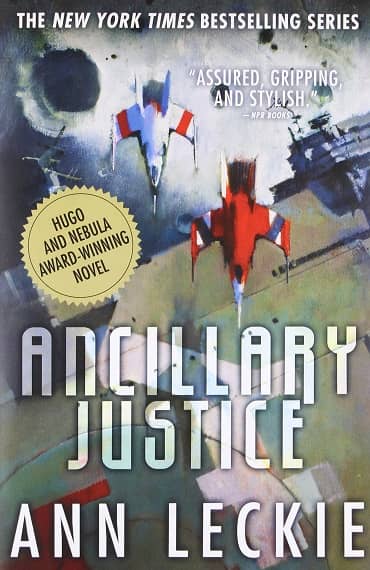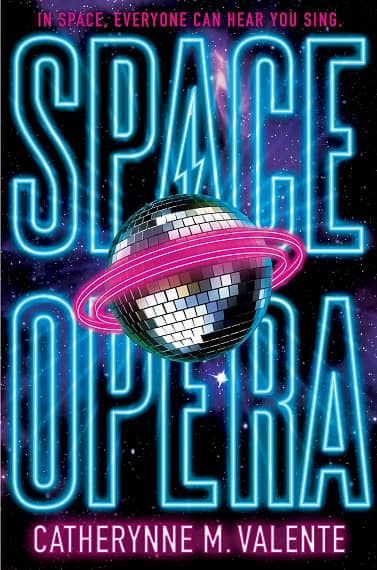Invincible Warriors and Goofball Sidekicks: Robots in American Popular Culture by Steve Carper
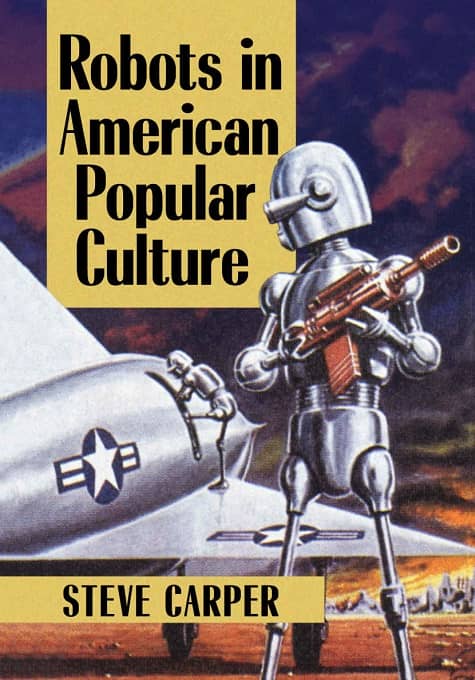 |
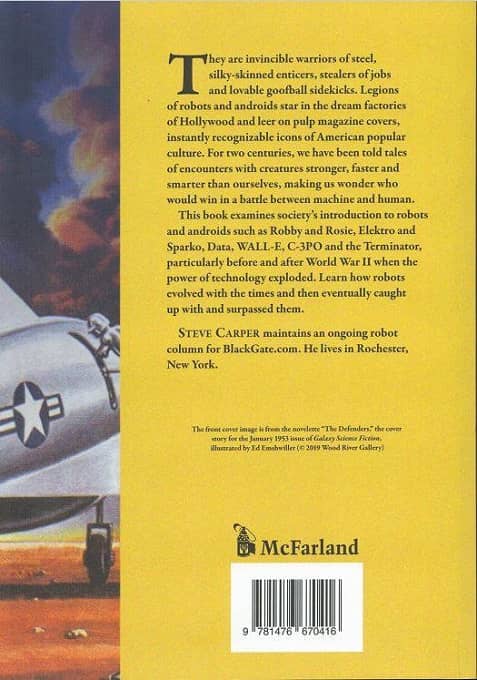 |
Cover by Emsh
Steve Carper has been blogging about robots at Black Gate ever since his first post, The First Three Laws of Robotics, appeared back in November 2017. His delightful and entertaining articles have explored every facet of robots in America over the last century and a half. And now his first book on the subject, Robots in American Popular Culture, has been published by McFarland. Here’s what Steve tells us about it.
Robots in American Popular Culture is the first truly comprehensive prose history of the automaton, the mechanical man, the android, the robot, and all its variants. The index runs from “A. Lincoln, Simulacrum” to “Zutka” (stage act). Robots starts in the 19th century, long before Karel Capek used the old Czech word robota in his play, and the concept of the robot as a replacement for humans has been constantly present in the popular mind since. Both famous and long forgotten robots from comic books and strips, movies and television, stories and the stage, amateur and professional inventors, and science fiction of all flavors are part of this vast history.
Robots is available from my publisher and from Amazon. Because McFarland is an academic publisher, most bookstores will not have Robots on their shelves, but they can easily special order it for you.
But wait, there’s more. PBS publishes a companion book to their documentaries. I’ve created a companion website to my book. RobotsInAmericanPopularCulture.com has more than 350 images, movie and tv clips, music videos, and the ever-popular “other”, each keyed to the book’s page number so you can get a quick visualization and let you see what contemporaries saw. Not to mention over 50 additional articles on robots that grew out of the book…
Thanks to all who have long given me encouragement. I hope Robots will live up to and even surpass your expectations.
Robots in American Popular Culture is packed with vintage photos and Steve’s entertaining and superbly researched prose. It’s the best resource you’ll find on one of the most fascinating topics of our new century. Here’s the publisher’s description.

